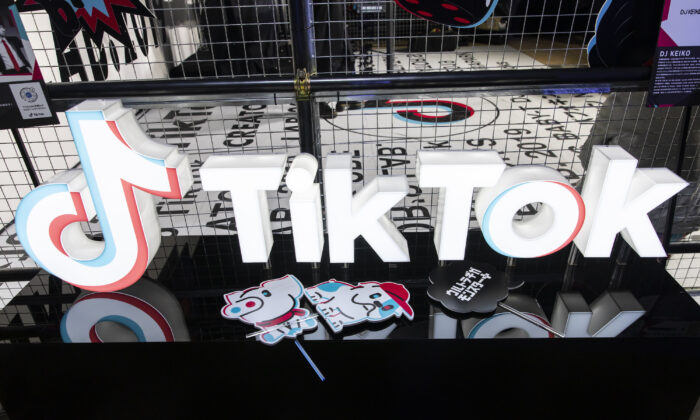A Political, Cubersecurity Aspect to TikTok?
"If anybody has any doubts about whether [China] would collect the data from TikTok, they have to have been living under a rock.""Canada has to really wake up to where it is in the world and the threats it faces.""It is not as if the West is doing this to be aggressive and try to bully China. It's a response to what China does."Dennis Molinaro, foreign interference analyst"The Americans are right to be very concerned about it.""The Canadian position is always, 'We're too nice to be a target anyway ...""We'll probably end up going along with what the Americans do, but reluctantly and very slowly."David Skillicorn, computing professor specializing in cybersecurity, Queen's University

A German newspaper early in 2022 reported asterixes had been superimposed by TikTok in place of subtitles for terms such as "re-education camp" and "internment camp" in a video focusing on the plight of Uyghurs in China's Xinjiang province. Another hint that just possibly there is reason for concern given emerging evidence that the app is not solely focused on diverting entertainment, but an element of focus to becoming a preferred news destination.
The United Kingdom's Office of Communications stated that TikTok is now the fastest-growing news source among young adults and for teenagers aged 12 to 15, the most popular. Toronto Metropolitan Social Media Lab concluded that over fifty percent of Canadian TikTok users claiming they depend on the app for news of the war in Ukraine.
Entering keywords "Xinjiang Uyghur" into the TikTok search field will get you several videos critical of China's position and manipulation of Uyghur life. The majority by far of references came out of travelogue-type depictions of joyful Uyghurs with clips meant to debunk media reports critical of China, along with images of President Xi Jinping receiving a warm reception on a Xinjiang visit.
To anyone concerned with privacy rights and social media, it comes as no surprise that U.S.-based social media platforms siphon up great masses of personal data, engage in disinformation and act as ideological echo chambers themselves. According to a TikTok spokesperson the app stores Canadian user data in its own servers in the U.S. and Singapore and has never allowed that information to the Chinese government.
"Canadians can rest assured that their law enforcement and national security agencies are committed to detecting, deterring and disrupting all cyber threats and hostile states, including the People's Republic of China."Audrey Champoux, press secretary, Public Safety Ministry
According to a survey conducted by Toronto Metropolitan University's Social Media Lab, over one in four Canadian adults maintain accounts with TikTok; where rival platforms have lost users, TikTok has gained. Data-privacy scandals gripped Facebook and other U.S.-based apps and TikTok capitalized on the issue, posing as more innocent and lighthearted, as an alternative.
TikTok is owned by ByteDance, a private Chinese company, subject to laws requiring all businesses operating in China to share data and work with Chinese government authorities.
TikTok refers doubters to a report issued last year by the University of Toronto's Citizen Lab concluding no evidence exists of data sent to China or of Beijing placing pressure on ByteDance to make data available to Chinese authorities. Another issue raised by experts is that TikTok could use hidden software tools meant to pry into other apps on a user's mobile device to uncover information.
"It's hard to criticize TikTok when other social media platforms are doing the same thing", observed Anatolly Grozd, Canada Research Chair in social media data stewardship at University of Toronto. Yet the app's control by a foreign country like China, he feels, merits vigilance.
 |
| TikTok, the Chinese-owned online video app, is seen by some critics as a an unnerving black box that could be sharing information with the Chinese government and facilitating espionage. (AP) |
Labels: China, Cybersecurity, Espionage, TikTok

0 Comments:
Post a Comment
<< Home